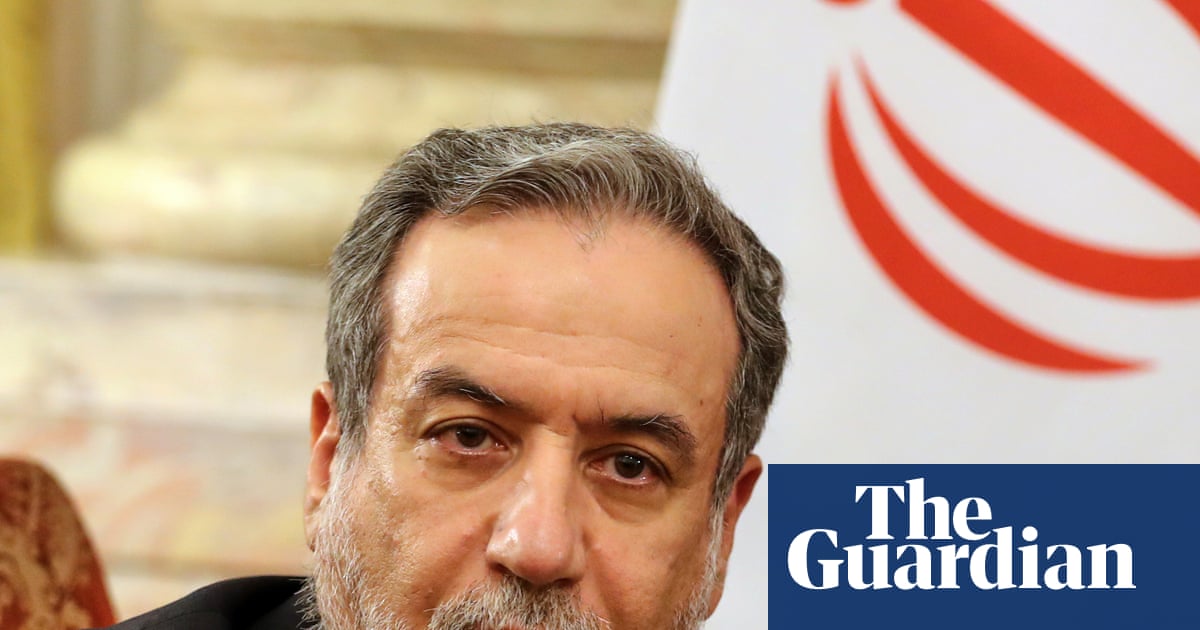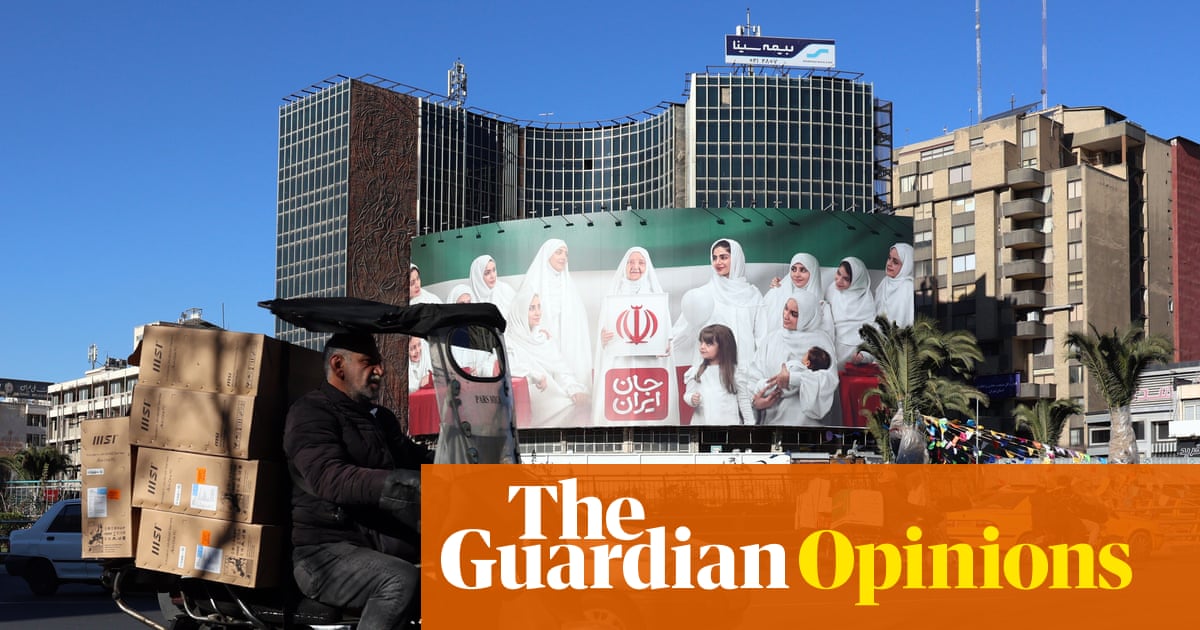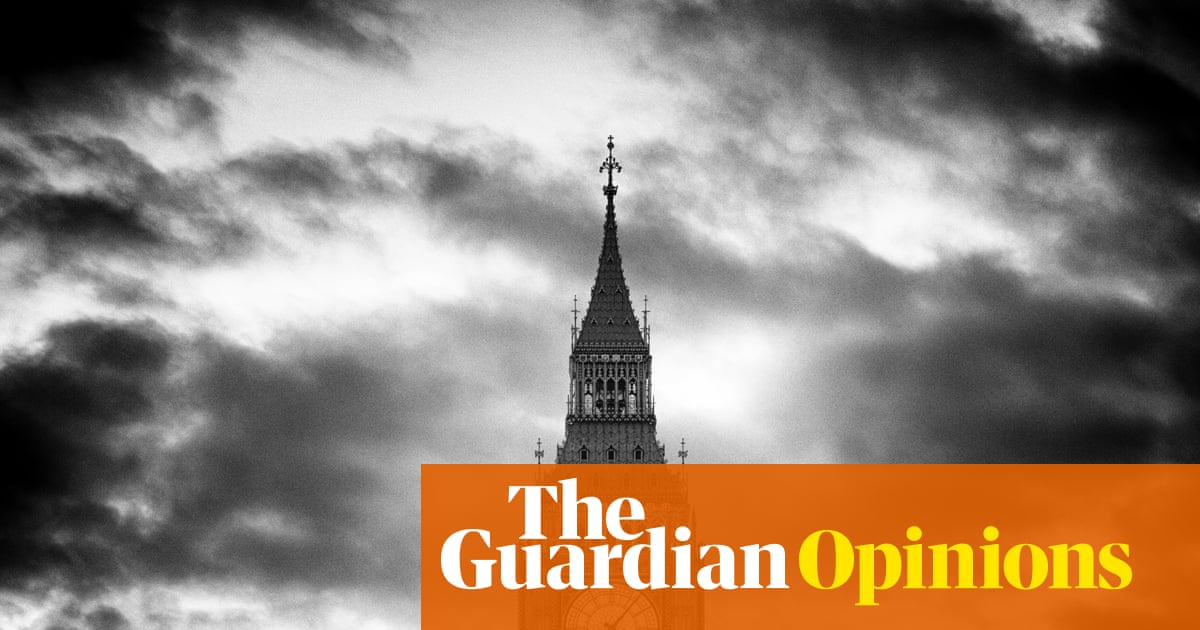It’s that crucial week when millions discovered how much their benefits and pensions would rise by next April. Generally, the increase is pegged to inflation, which this month is 3.8%. Recipients will be lucky if inflation falls by April, unlucky if it rises. Because this is a Labour government, this year’s universal credit gets an extra 2.3%, the first time ever the rate will rise regardless of inflation. The day passed without much comment, yet this is a time to stop and contemplate what we, the taxpayer, the state, consider adequate to exist. How much does someone really need? What is penury? And who should we prioritise?
No government in history has ever been unwise enough to spell out exactly what standard of living, what food, heat and clothes a benefit sum should cover, for the obvious reason that it has never been enough. I used to hear Tory ministers say, “We don’t tell people how to spend their money. It’s their choice.” Labour ministers over the years tend to mumble.
I came across one brief moment in our history when the outlay approached adequate food: strangely, I read it in a Leeds workhouse’s accounts. Not gruel, but precisely weighed amounts of meat, bread, vegetables and beer per head were listed. There was also an entry with fuel for heating. But that was just after a parliamentary scandal concerning another workhouse where people had died of cold and starvation. It didn’t last long. Feeding people enough was too expensive for the parish, so workhouses closed, poor laws relaxed and a little “outdoor” money was dispensed to old, sick and unemployed people instead. Handing out too little benefit was, and still is, far cheaper than grappling with housing, feeding and heating people.
We know benefits are too little thanks to the annual scrutiny of the Joseph Rowntree Foundation (JRF), following in the footsteps of Seebohm Rowntree who first went house by house in York in 1899, surveying exactly what poor people needed to survive. He drew the poverty line and found 28% fell below a level to “secure the necessaries of a healthy life”. He needed that granular evidence to challenge the myth that poor people were to blame for lack of thrift. You hear it everywhere still: “I had a large bowl of porridge today. It cost 4p,” boasted Baroness Anne Jenkin launching a poverty report a few years ago, suggesting the poor go hungry because they shop fecklessly and don’t cook.
This is the week JRF prices its basket of essentials, now £120 a week, after housing costs. (And frozen housing allowances no longer cover the 7.7% average private rent increase in the 12 months to March 2025, eating into benefits.) Basic universal credit for an adult from next April will only be £98. That’s not enough, what Citizens Advice calls a “negative budget”. With costs of around £32 for energy and water, £20 travel (school etc), £8 phone and internet and £40 for food, £98 doesn’t cover it. And that’s before cleaning materials, toiletries, bank charges, clothes or shoes. With so much loose talk of benefit cuts ignoring these sums, let any cutter show what they could do without.
Look at priorities. Any civilisation taking its future seriously would surely support children first. We put them last. Even with working parents earning too little, there is no additional universal credit top-up for families once they have more than two children. That is what Rachel Reeves must put right in her budget: she seems to allow the word to spread that she will indeed end the two-child benefit cap.
You can always tell which government has been in power by the benefits graph. It rises under Labour, which had more than two million children fewer children and nearly three million fewer pensioners in absolute poverty after it left power in 2010 versus 1997. Yet even so it has still never been overly generous. From 2010, the JRF tells me, the Tories cut benefits by about 9% in real terms. The chancellor raising universal credit above the rate of inflation is welcome, with further very low rises pencilled in for following years, but it needs to accelerate. Remind everyone that about one in three children they see lives below the poverty line. Is it fair to compare children with pensioners? In the years when working-age and children’s benefits were cut by 9%, the Tories increased pension credit for poor pensioners by 11%: good, but perplexing.
Pensioners are the least likely to be poor, compared with working-age adults and children. They get the triple lock that guarantees the state pension always rises by whatever the highest figure is out of inflation, average earning growth or a base rate of 2.5%. So it goes up not by 3.8% as with other inflation-indexed pensions, but 4.8% because of earnings growth. That is perverse. The older the country grows, the more emphatically politics favours the decrepit above the young future who will pay for them. Children pay already: the over-65s are the biggest NHS users, with education and children’s needs a far lower priority. The Institute for Fiscal Studies this week is one of many calling for the pension to rise only with earnings, level pegging with the standard of living but not triple-locked. How much better to spend that on pension credit for poorer pensioners – and the rest on the third of all children who live in poverty. But for all parties, touching the triple lock is a political live rail.
Labour will surely do more for poor children: it should have started out proclaiming children its prime purpose, re-enacting the Child Poverty Act abolished by the Tories. But the country seems to have no appetite for rethinking priorities on almost anything, stuck with what is, blind to what might be. As for the lack of money, note that contrary to current moral panic, total benefit costs are not spiralling: non-pensioner benefits have stayed at between 4-5% of GDP for the last 40 years, the Financial Times’s economics writer Chris Giles points out. At least Reeves and Starmer begin to put the blame on a key cause: the Office for Budget Responsibility says we lose 4% in growth due to Brexit. How much is that? £110bn. Tell the Faragists and Tories we could do with that income in next month’s budget.
after newsletter promotion
-
Polly Toynbee is a Guardian columnist

 2 months ago
51
2 months ago
51

















































